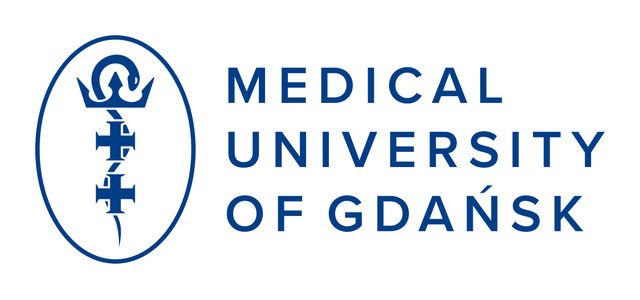



Master in short
2 years
The S-DISCO programme is a 2-year full-time Master programme.
4 universities
The programme is organized by 4 European universities, i.e. Ghent University, Medical University of Gdańsk, University of Lille and the University of Groningen.
Master thesis
Students will perform a master thesis in one of the partner institutions or with one of the numerous associated partners (incl. industry, competent authorities and research institutions).
Master degree
Successful students will obtain a common master of science degree of the partner universities.
Target students
Candidates must hold a higher education diploma (180 ECTS or higher) in Chemical, Biological, (Bio-)Engineering, Pharmaceutical or Medical sciences.
Get involved
Our partners
The S-DISCO master degree has been built through close collaboration between the consortium and industrial players in the field in order to train high-level graduates with inter-and trans-disciplinary skills in the different fields of drug discovery, with a focus on sustainability. The partners will actively participate in the S-DISCO programme by i.a. teaching, holding seminars and providing internships to master thesis students. Discover our partners
What to expect?
Find out what students can expect when they are selected for the S-DISCO programme.
News
"Finding adequate treatments for unmet disease conditions, for everyone, everywhere, at a fair price, while respecting the environment and ecosystems is an enormous challenge, and one that we must be better prepared for."
Bart De Spiegeleer, Ghent University

